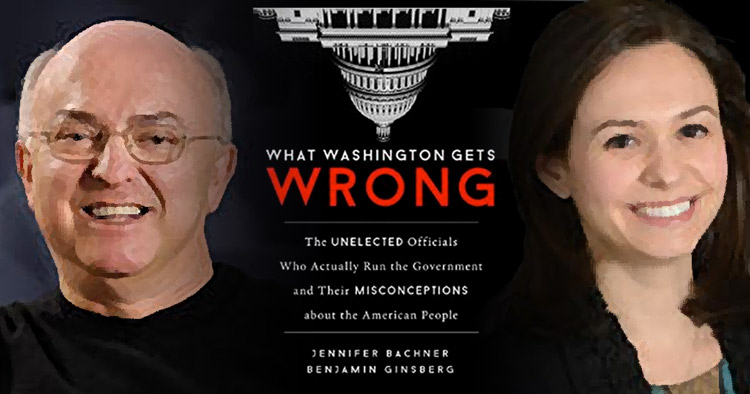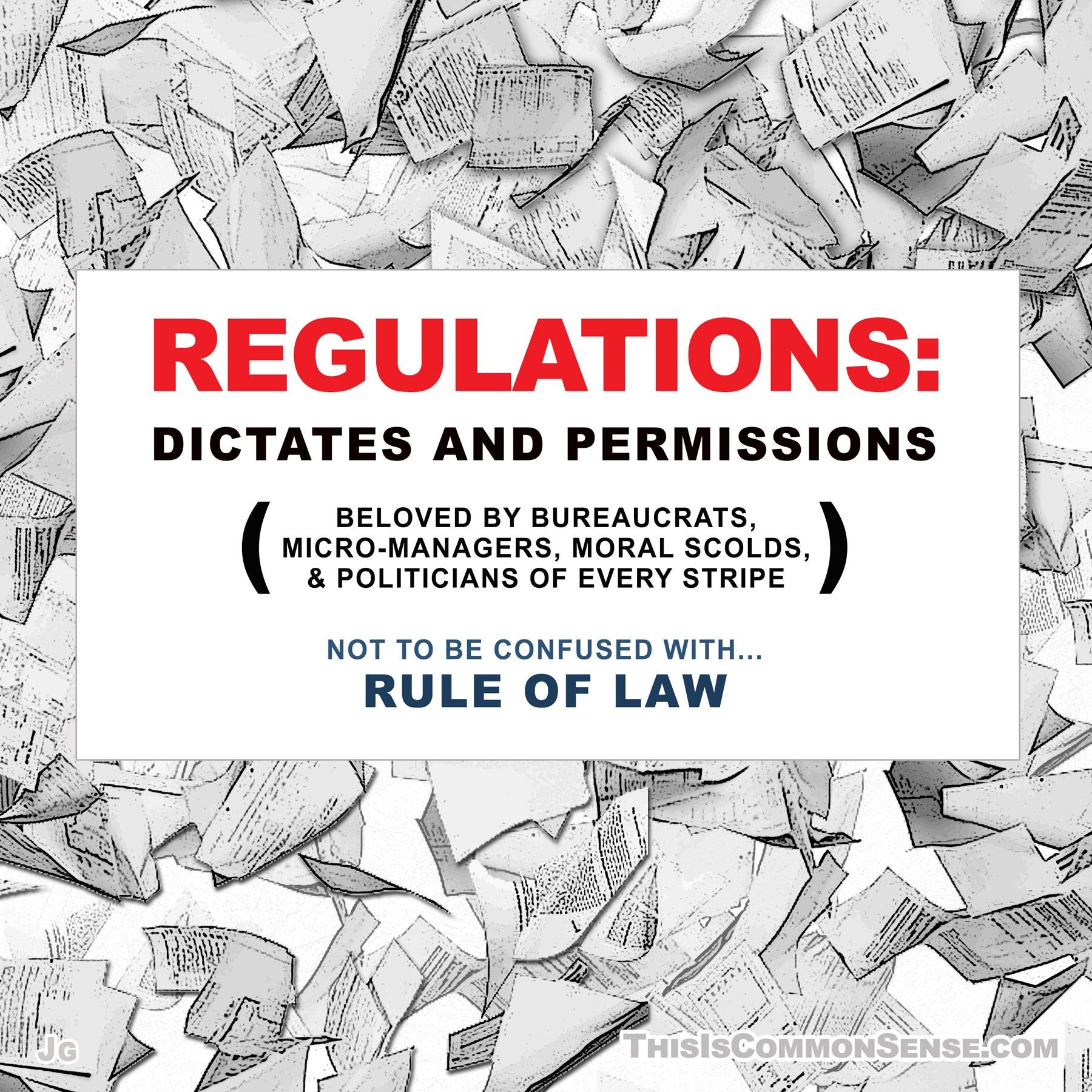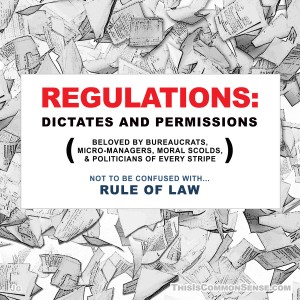Where is child care most expensive?
In America, it is in our shining, shimmering national swamp. Yes, in Washington, D.C., infant care averages nearly $1,900 a month, more than $22,000 a year.
So naturally, if you’re a politician, you see that as too … low?
It has been decreed, since last December, that workers caring for infants and toddlers must upgrade their educations to keep their licenses. The District’s brave new world-class day-care regulations, the Washington Post informs us, are designed to “put the District at the forefront of a national effort to improve the quality of care and education for the youngest learners.”
Yesterday, at Townhall.com, I provided the details on
- which day care workers or home caregivers must acquire
- what type of college degree in early childhood education or,
- if currently degreed in another field, how many semester credit hours in early childhood education they must have, or
- whether a Child Development Associate (CDA) would suffice, and
- by what date …
… just to keep their relatively low-paying jobs.
You may be shocked, but these new regs do not apply to the politicians and bureaucrats regulating the “industry.”
The costly credentials required to provide child care will certainly raise prices that D.C. parents already can ill afford. And won’t help those newly credentialed, either: “prospects are slim,” the Post admits, “that a degree will bring a significantly higher income.”
In a perfect world, every child-care worker would wield a Ph.D. in early childhood development. Be a pediatrician. As well as a psychiatrist.
And a former Navy SEAL, to fend off terrorists.
But who can fend off this regulatory attack on common sense?
I’m Paul Jacob.
Illustration based on photo by Carolien Dekeersmaeker on Flickr











